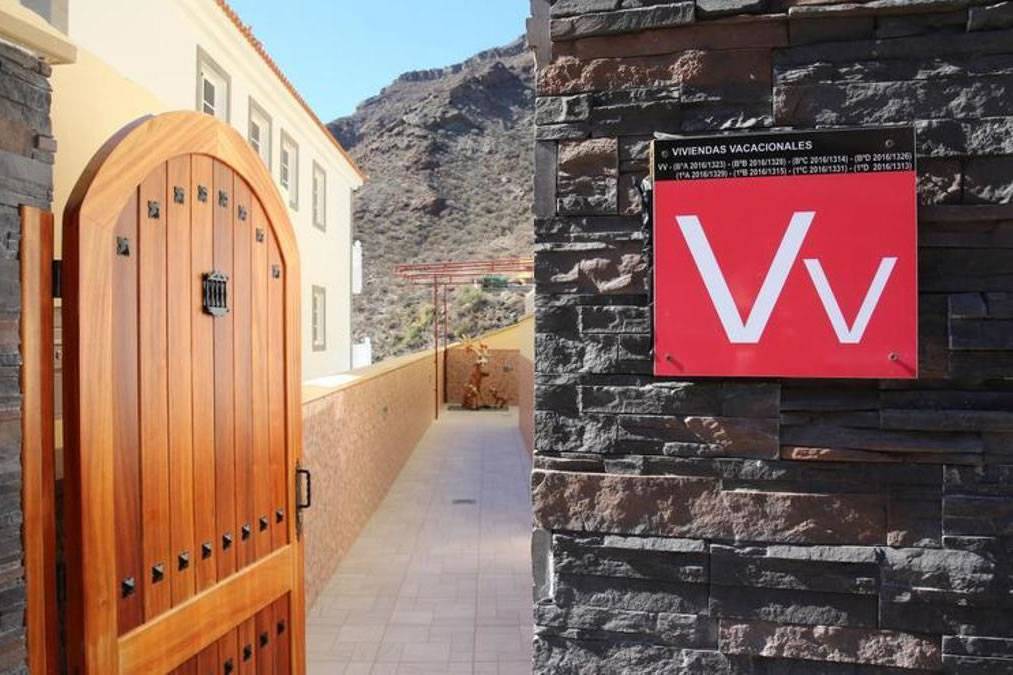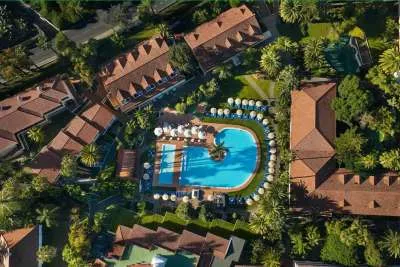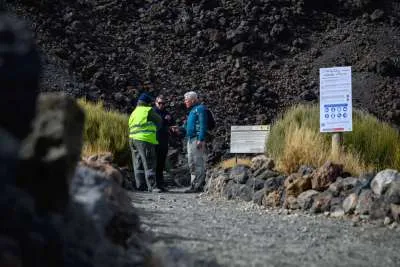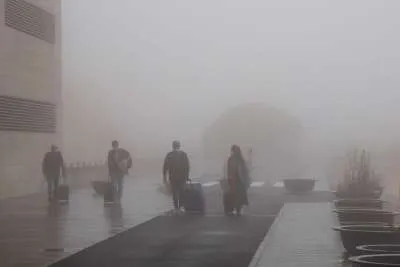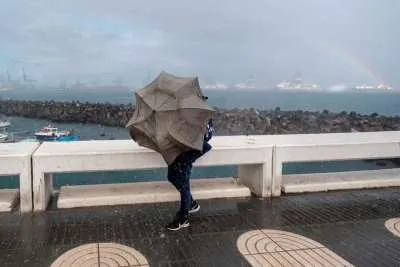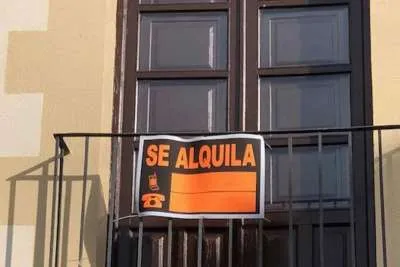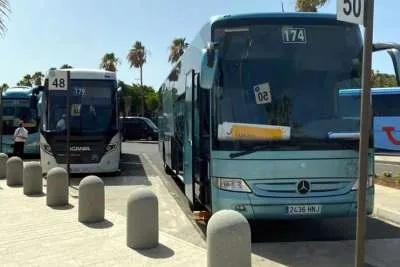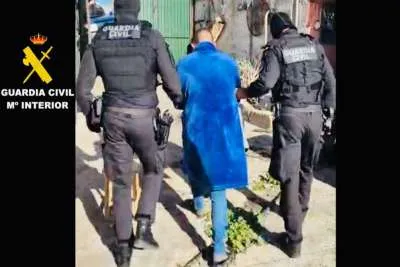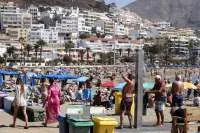New nationwide register for short-term holiday rental properties comes into force on 1st July
- 30-06-2025
- National
- Canarian Weekly
- Photo Credit: CW Stock Image
In line with European regulations, Spain will officially implement its new register tomorrow (Tuesday), requiring all properties used for tourism, seasonal, or short-term holiday rentals to have a mandatory registration code to operate legally.
The new unified register for short-term lets, covering holiday rentals, seasonal accommodation, and room rentals, will become fully effective from 1st July, following the end of the transition period, including here in the Canary Islands.
According to figures released by Spain’s Ministry of Housing, a total of 199,686 applications have been received to date, the vast majority for tourist rentals.
Of these, 90,046 registrations have already been approved, 17,596 rejected, and 92,044 are still under review by the Association of Property Registrars. Most applications relate to holiday rental properties (156,938) and are heavily concentrated in areas such as Málaga, Gran Canaria, Tenerife, Alicante, the Balearic Islands, and Barcelona.
Over 125,000 new applications in the past month
The surge in applications has been notable, with more than 125,000 requests submitted in just the last month, reflecting both the urgency among property owners and the scale of the short-term rental market across Spain.
The primary aim of this new register, introduced on 2nd January, is to combat fraud and clamp down on illegal tourist accommodation, amid a national housing crisis marked by a shortage of supply, rising prices, and growing difficulties for residents, especially young people and vulnerable groups, to access long-term housing.
By launching this system, Spain becomes the first country in the European Union to implement this EU regulation, setting a precedent for others.
What does the new law require?
In practice, this means that from tomorrow, all properties offered for tourist or seasonal rental (1 month, 3 months, 6 months etc) must have an official registration code. This applies to holiday homes, seasonal lets, room rentals, and even other forms of short-term accommodation such as motorhomes and boats, provided they are offered for payment and promoted on online platforms.
The registration process is managed through the Property and Movable Goods Registry. Property owners must submit applications with the property’s cadastral reference, exact address, rental type, maximum occupancy, and proof of meeting the regional requirements set by each autonomous community.
Once approved, owners receive a unique registration number, which must be clearly displayed on any online platforms used to advertise the property. From 1st July, any property without this code cannot legally be listed or rented through online platforms.
Platforms and owners have specific obligations
Rental platforms are also subject to strict new duties: they must ensure landlords provide their registration numbers, make sure these numbers are visible in listings, carry out random checks, and report irregularities. Additionally, they must transmit detailed data on rental activity each month to Spain’s new “single digital window” for short-term rentals, which centralises registration and data monitoring. For smaller platforms and micro-platforms, data submission will be quarterly.
Property owners, for their part, are required to obtain their registration code, provide it to platforms, supply all requested information, respond to information requests, and update details if anything changes. Each property may only hold one registration number per rental category and type.
This sweeping reform is expected to bring greater transparency to the booming short-term rental market across Spain, including in the Canary Islands, providing clearer rules for owners, platforms, and holidaymakers alike.


